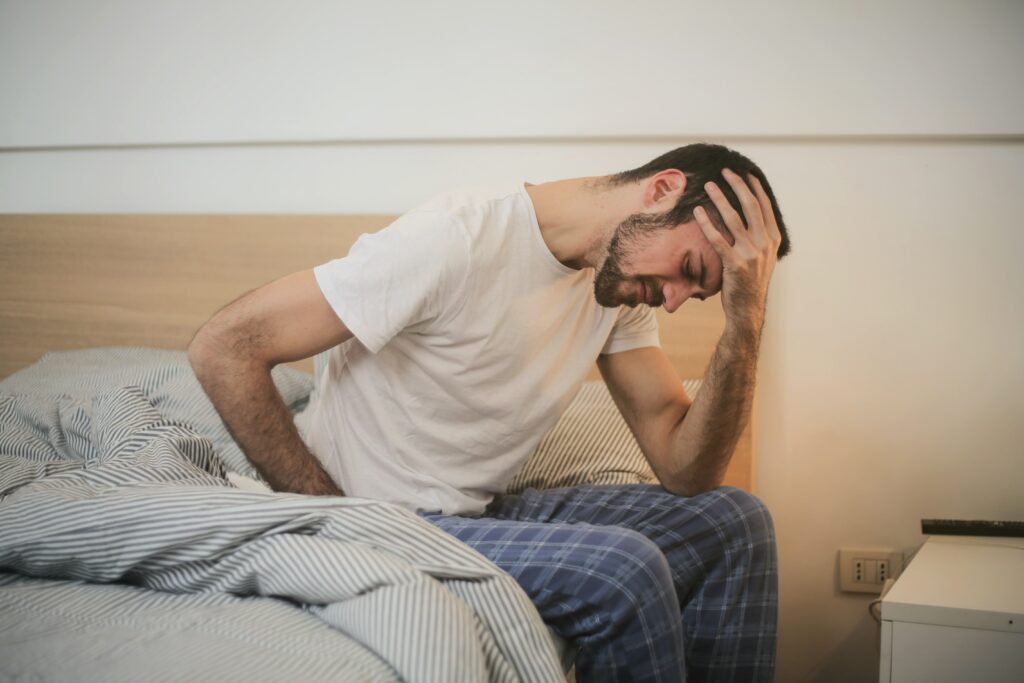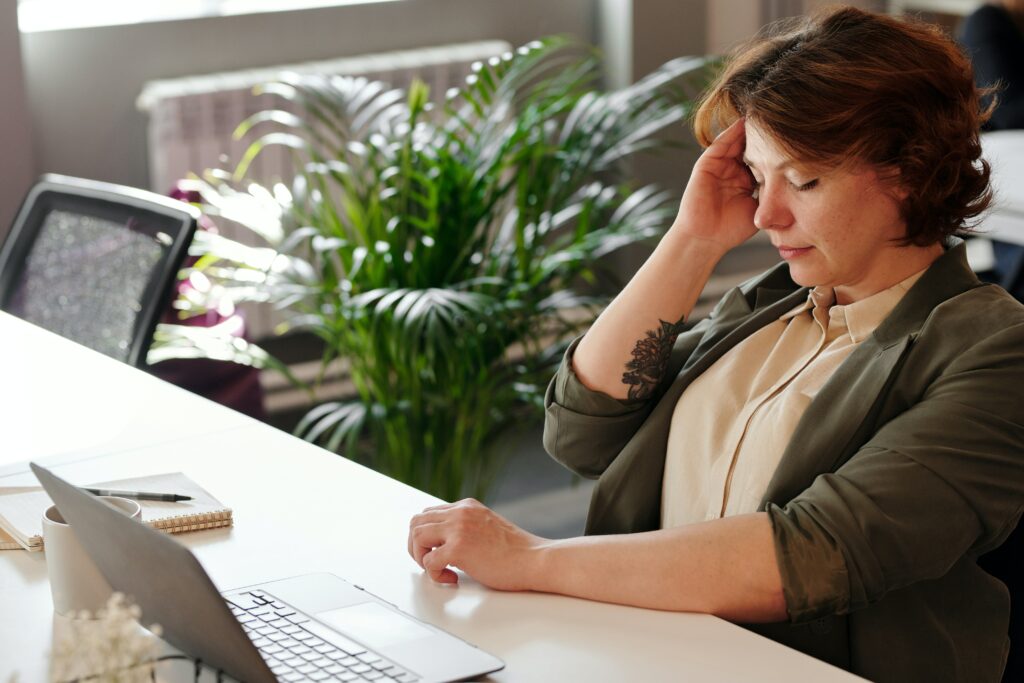Top foods to help you manage Haemorrhoids and Piles
What are haemorrhoids?
Haemorrhoids are swollen veins in the lowest part of your rectum and anus. Sometimes, the walls of these blood vessels stretch so thin that the veins bulge and get irritated, especially when you go to the bathroom. Haemorrhoids can also often be called piles.
Haemorrhoids are one of the most common causes of rectal bleeding. They can develop inside the rectum (internal haemorrhoids) or under the skin around the anus (external haemorrhoids).
Nearly three out of four adults will have haemorrhoids at some point in their life. Haemorrhoids have a variety of causes, but often the cause is not known.
Fortunately, there are many effective options and haemorrhoid treatments available. Many people get relief with home treatments and lifestyle changes.

Haemorrhoids Symptoms
Common symptoms of haemorrhoids often include: painless bleeding, itching or irritation in the anal area, discomfort, pain or soreness in the same area, lumps and swelling in the anal region.
Most signs and symptoms of haemorrhoids usually depend on the type of haemorrhoid.
External haemorrhoids
These are under the skin around your anus. Signs and symptoms might include:
- Itching or irritation in your anal region
- Pain or discomfort
- Swelling around your anus
- Bleeding
Internal Haemorrhoids
Internal haemorrhoids are inside the rectum. You usually can’t see or feel them, and they rarely cause discomfort. But straining or irritation when passing stool can cause:
- Painless bleeding during bowel movements. You might notice small amounts of bright red blood on your toilet tissue or in the toilet.
- A haemorrhoid to push through the anal opening (prolapsed haemorrhoids), resulting in pain and irritation.
How are Haemorrhoids caused?
Pregnancy: Haemorrhoids occur more commonly in pregnant women because as the uterus enlarges, it presses on the vein in the colon, causing it to bulge.
Ageing: Haemorrhoids are most common among adults aged 45 to 65 years. This does not mean however that young people and children can not get them.
Diarrhoea: Haemorrhoids can occur after cases of chronic diarrhoea after irritation of the rectum.
Chronic constipation: Straining to move stool puts additional pressure on the walls of the blood vessels which can lead to haemorrhoids.
Sitting down for too long: Staying in a seated position for long periods moving of time without can cause haemorrhoids.
Heavy lifting: Repeatedly lifting heavy objects can cause it.
Anal intercourse: Anal can cause new haemorrhoids or worsen existing ones.
Obesity: Diet-related obesity can cause haemorrhoids.
Genetics: Some people inherit a tendency to develop haemorrhoid despite any of the above.

How to get rid of Haemorrhoids?
One of the best ways to help get rid of Haemorrhoids can be changing your diet. Fill up on fiber: Haemorrhoids are more likely to occur in people who have infrequent bowel movements. One of the easiest, most natural ways to become more regular is by eating more fiber, either through your diet or supplements. Sources of fibre are:
- Legumes, such as split peas, lentils, black beans, lima beans and baked beans
- Whole grains, such as barley, bran flakes, oatmeal and brown rice
- Vegetables such as artichoke, green peas, broccoli and Brussels sprouts
- Fruits such as raspberries, pears, apples and bananas
Make sure you drink enough water: This haemorrhoid prevention strategy is simple and cheap, yet so few of us actually do it. Along with eating a healthy diet full of fiber, adequate hydration from water is the key to having healthy bowel movements.
Get plenty of exercise: Exercise helps keep the colon more regular. However, engaging in activities that increase abdominal pressure and/or straining (such as weight-lifting) can have the opposite effect and actually lead to the formation of haemorrhoids. Staying active reduces your time spent sitting and putting pressure on the veins in your lower rectum. If you have a history of problematic haemorrhoids, you might want to steer clear of lifting heavy weights or other strenuous activities and opt for more moderate exercise routines such as swimming, walking or jogging to prevent haemorrhoids from flaring up.
Be careful with laxatives: When you are constipated, some fiber supplements, particularly psyllium capsules, can help get you back on track, which can prevent painful haemorrhoids. As far as laxatives go, the correct type can help. Some laxatives work by stimulating intestinal contraction to move the contents along. This might increase haemorrhoid pressures and cause symptoms.
Do not fight the urge: When you have to go to the toilet don’t fight it, just go. This is one of the simplest ways to prevent haemorrhoids. Ignoring the urge has its risks and haemorrhoids is one of them.
Avoid straining when using the toilet: Straining and putting more pressure on the veins in your rectum is one of the most common causes of painful or bleeding haemorrhoids. In some cases, this can happen as a result of pushing too hard when trying to have a bowel movement. Other situations can cause straining too such as lifting heavy objects, a chronic cough or even pregnancy.
Haemorrhoids Treatment
At My Pharmacy we offer a number of over the counter haemorrhoids treatments online with next day shipping as an option. If you have any question, please get in touch with our team and they will be happy to help.












